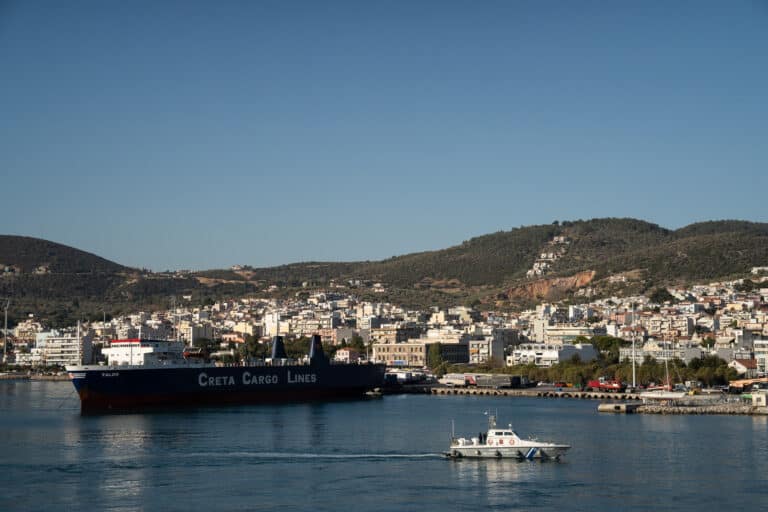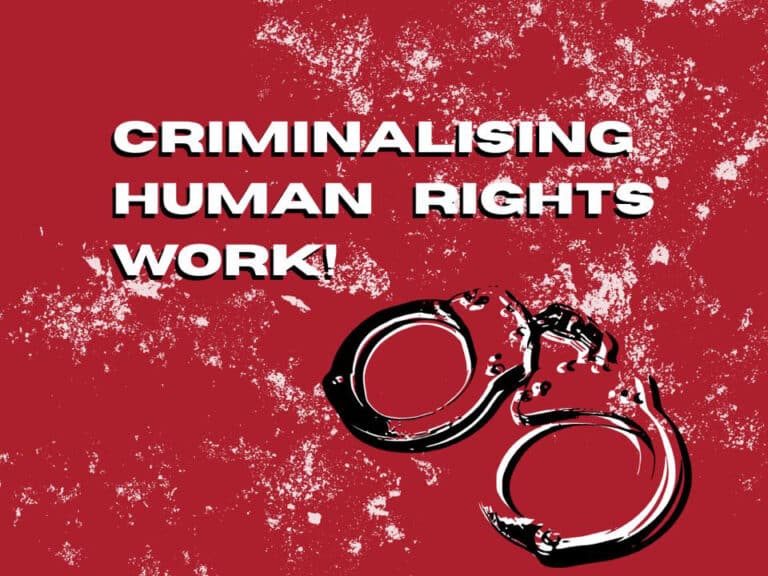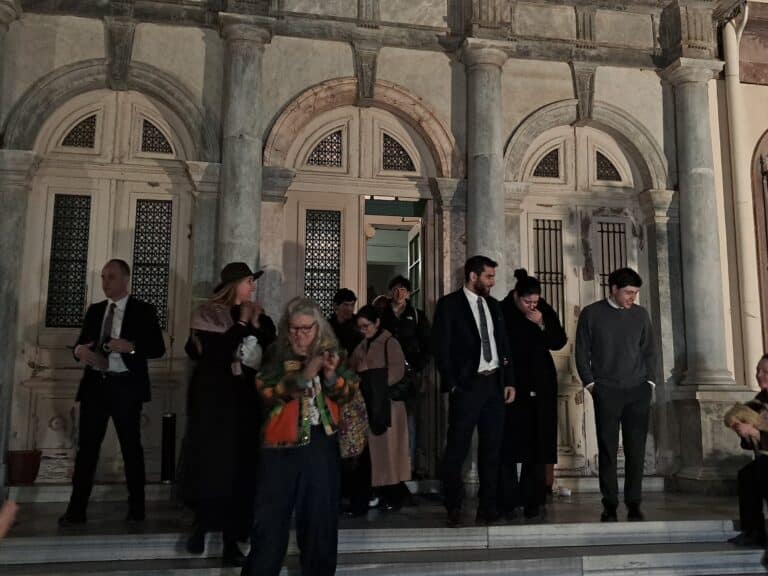CPTnet
22 March 2011
IRAQ UPDATE: February 2011
On team during this period were Chihchun Yuan, Allan Slater,
Michele Naar-Obed, and Marius van Hoogstraten
Invitation to one of the villages
“Our village would like to welcome you to visit and everyone in the area would
like to offer you the best hospitality ever,” a leader of one of the Pshdar villages told Naar-Obed and CPT
partners from Suleimaniya and Rania. Due to sensitivities in the area of the villages, the
invitation was offered to specific people on team as well as specific partners.
The team decided that the offer
should be accepted, which led to an excruciating process of getting permission
from the authorities to pass the checkpoint into the village. Receiving permission required letters
and copies of letters and the same letters on different letterhead and stamp
after stamp and signature after signature. It involved the Governor’s Council of Suleimaniya, the Asaish
(Security police) in Suleimaniya and in Rania. It involved neighborhood mukhtars and the backing of CPT’s
partner in Rania. In the end, it involved the Mayor of Qaludze who said, “You
don’t need the permission of the Governor, I give you my permission to go. Have
the checkpoint soldiers call me when you get there.”
“This process was more difficult
than visiting someone in a high security prison”, Naar-Obed remarked.
Visiting Ainkawa
On 8 February, Van Hoogstraten visited Hawler/Ainkawa to meet the Mennonite
Central Committee (MCC) Volunteers who had just begun working there. After the meeting, Van Hoogstraten had
tea with the armed guards of St. Joseph’s church, one of whom was from Baghdad
and spoke English and German. The
guards keep their rifle out of
sight in the refrigerator. “Here in
Ainkawa it’s good,” said one guard when asked about security and the need for a
rifle. “But [with the rifle] it’s better. If someone comes and wants to do
something to the church, maybe if they see the gun, they will not do it. At rush
hour we carry it open[ly].” Van
Hoogstraten also spoke to a guard at St. Elijah’s church, also from Baghdad,
who was very negative about U.S. policy in the region and said it only served
Israel.
On the way back, Van Hoogstraten was in a shared taxi with the daughter of a
parliamentarian under the Iraqi King (before ’58), whose family owns vast
amounts of land. She was in a legal battle to evict squatters on some of their
property in Sarchnar. She had
lived in England for most of her life and professed the hope that Kurdistan
would one day also become “civilized.”
Youth Center activity
Naar-Obed and Van Hoogstraten found the class at the Suleimaniya Youth Center
to be overflowing with new students who were not aware of the one hour English
class on Wednesdays during their computer lab time. Many of the new students
were Arabs, so the conversation was in three languages.
The conversation started off with answering the question “Why do you come to
the youth center?” and then led into why its important for people to be able to
communicate with each other. In the end, almost all of the class said they
would want to continue with this one-hour conversation period. The team is
considering breaking the group in two because the one group is so large.
During the days of protest in Suleimaniyah (see below), discussions
in the youth center, in Kurdish, Arabic and English, were both lively and
tense. On 23 February, the group
chose to talk about the protests in the city, which led to a very heated debate
between some of the Kurdish students and some of the Arab students, all women.
The team was only partly able to understand the content of the debate. Naar-Obed sought to calm the situation
by appealing to shared concerns amongst women, and urged the group to speak to
each other, listen to each other, work with each other and love each other. The
next week, the group said they preferred to go back to simpler English lessons.
Protests
A wave of anti-corruption and anti-government protests gripped Suleimaniya near
the end of February, which commandeered a large portion of the team’s time. Taking leadership from the local
“White Group,” an impromptu faction of volunteers working to reduce violence during
demonstrations, the team was present at the protests in central Suleimaniya
nearly each day, standing with the White Group and thousands of others calling
for non-violent change.
Standing in the human “peace wall” between protesters and security forces was
an excellent opportunity for the team to meet local artists, lawyers and
actors. Lively conversations erupted on the merits of Egyptian cinema, the
relative standing capacities of different age groups, and how to most politely
address aging CPTers. The team gained valuable experience in declining
invitations to drink alcohol, accepting offers of hot drinks on rainy days, and
being photographed repeatedly with strangers.
The “Day of Rage” protest on Friday, 25 February, was
expected to be violent. Van
Hoogstraten and Naar-Obed made a bet as to whether or not the demonstration
would be sabotaged by provocateurs or other grave disruptions. The demonstration went smoothly, so Van Hoogstraten
won the bet, receiving two pounds of cream puffs. Naar-Obed professed being
more than happy to lose this bet, but intimidated Van Hoogstraten into sharing
the loot.
Saturday, 26 February, a White Group coordinator asked the team to follow up on
more than a hundred arrests made in Halabja days earlier. A White Group volunteer arranged a car
with a driver and came along to translate. The team was only able to see the
mayor and chief of police, both of whom assured the team only some fifteen
arrests had been made and all had been released. They also introduced the team to the colleagues and family of
a policeman killed in the protests. Only later did the team hear of reports that the policeman
was off-duty and part of the demonstration, and that the quoted fifteen had
been attempting to carry his body to safety before being arrested. Naar-Obed was interviewed on a local
independent radio station.
The events have been extensively documented on CPTnet.
IRAQ LETTER: “The face of stability, security, and democracy
is quickly eroding”
IRAQ LETTER: “ It’s hard to believe that Suli has turned
into this”
IRAQ: Protests continue; riot averted
IRAQ: White Group says to U.S., “The situation in Suleimaniyah is
deteriorating”
IRAQ LETTER: “Today was not a good day in Suleimaniya.”
IRAQ LETTER: “The White Group formed human chains three
lines deep…”
IRAQ: Protests turn to public mourning, White Group continues strategizing.



